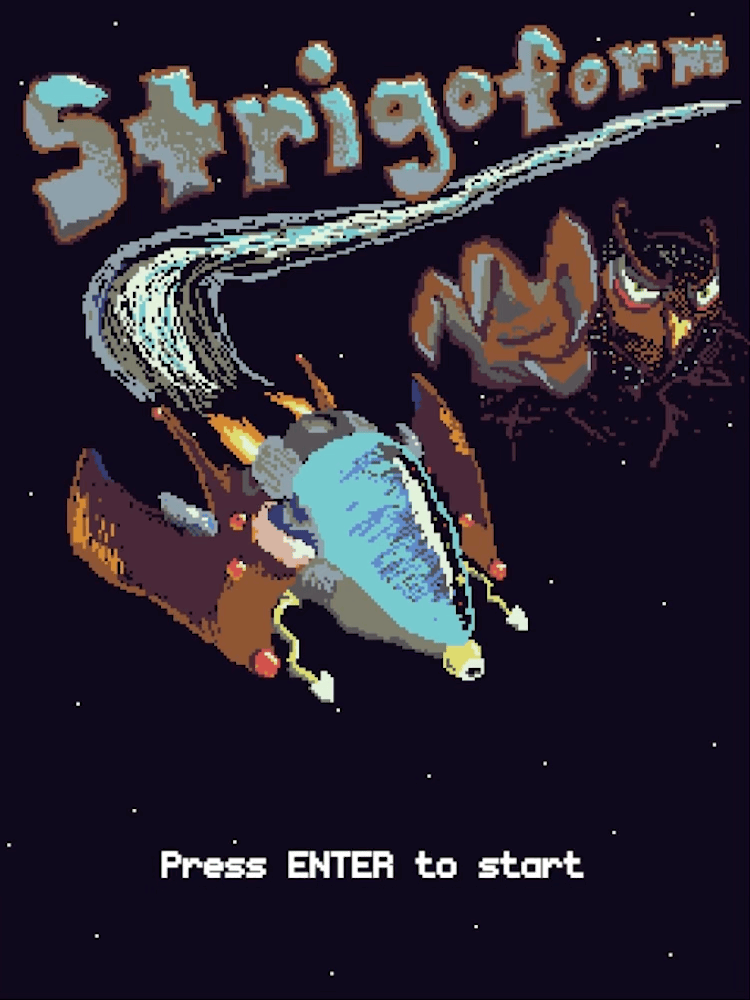
Twice per year I co-host the Lisp Game Jam: a 10-day game jam where participants create small games in their favorite Lisp dialect. Unlike classic game jams like Ludum Dare, which have an intensive 2-3 day long duration, the Lisp Game Jam is much more casual and spans two whole weekends to give busy people (most of us!) more of a chance to complete a game. There are no prizes, though there is a judging period where we play each other's games and give feedback. Really, the joy of getting creative with Lisp is its own reward. Game jams are the perfect excuse to prototype a gameplay idea and get some practice managing the scope of a project to meet a due date.
The Spring edition of the Lisp Game Jam starts this Friday, May 17th and is on track to be the biggest one yet with over 100 registered participants so far! Will you be among them? On behalf of the Spritely Institute, I would like to encourage you to join this spring's jam and try out Hoot, our Scheme to WebAssembly compiler!
We're so excited for you to join that we've put together a game jam template repository that has everything you need to make a 2D game using Hoot and HTML5 canvas. It even features a mini-Breakout clone as an example of how to put all the pieces together into a playable game!
I can't overstate how web browser support is a huge benefit in a game jam. An HTML5 build embedded directly on the itch.io page for your game makes it relatively frictionless for players to try it out. HTML5 games consistently get more players and ratings on average than native games.
It is much harder to ship native releases that will work reliably on many different computers. I've spent many hours debugging such issues in the past. Native releases also typically need one build per supported operating system. That's a lot of time and energy that could be spent building the actual game instead! When it comes to game jams, people play entries for minutes, not hours. If your game is hard to launch then they will move on to another one that is easier to try. I know I'm on the development team, but ease of distribution is probably the biggest motivating factor for making my jam games with Hoot.
Last year, during the Autumn jam, I used a much more primitive version of Hoot to make a space shooter called Strigoform, and David Wilson (of System Crafters fame) made a Solitaire clone called Cybersol. You can read more about our experiences using Hoot in last year's jam here, but trust me when I say that since then, it's become a lot easier to get started!

We love making small games here at Spritely not only because they make for eye-catching demos, but also for their tendency to stress language/library implementations, routinely exposing bugs and performance issues. Game jams are a great opportunity to "eat your own dog food" and put a technology stack to the test under time and resource constraints in a low stakes, fun way. Spritely staff, myself included, will be participating in the jam, but what I'm really looking forward to is seeing what the community creates and taking note of all the ways that Hoot can be improved moving forward!
For help with Hoot or the game template during the jam, you can post questions in this itch.io forum thread.
To talk about all things Spritely, during the jam and beyond, join our
community forum or the
#spritely channel on the Libera.Chat IRC network.
For some advice on making games, I recommend reading "How to Make Good Small Games" by Far Away Times. I think I will re-read it before the jam starts.
And finally, for our dedicated and intrepid game jam readers, tessa, our developer advocate, has created a mobile wallpaper to help you celebrate the jam all day every day, wherever you may be:
![]()
Happy hooting, jammers! 🦉